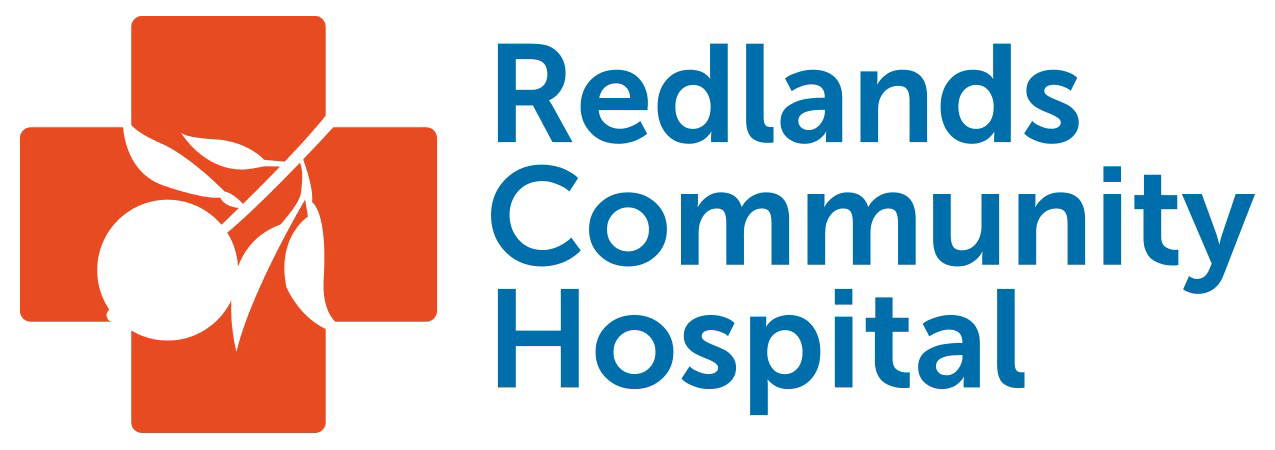
Gifts to the Foundation can be made from a number of different types of assets. Please feel free to call on one of our Foundation staff members at 909.335.5540 to help you understand all of the ramifications of any kind of gift. We can provide you a comprehensive analysis of any of the gifting vehicles listed below.
A cash gift is the simplest and most convenient way of making a charitable gift. Cash gifts are fully deductible as a charitable contribution for federal income tax purposes. The maximum federal income tax deduction allowable in one year is limited to 50 percent of the donor's adjusted gross income. You are permitted to carry forward any unused deduction amounts exceeding this limit for up to five additional years.
Redlands Community Hospital and the Foundation have been celebrating some significant milestones that are a perfect opportunity for cash donations. The hospital celebrated its centennial with a public celebration in November 2004. The Foundation is currently celebrating its 25th year of operation. Donors who would like to contribute in honor of these milestones may choose to give $100 or $25 in the spirit of these special occasions.
Gifts of appreciated securities - stocks and bonds, can provide many tax advantages to the donor. The full fair market value of the donated securities is fully deductible as a charitable contribution for federal income tax purposes. The maximum deduction in one year is limited to 30 percent of the donor's adjusted gross income and, like with cash, any unused deduction amounts exceeding this limit can be carried forward for up to five additional years. One of the unique tax saving features of the donation of stock is the donor does not pay federal capital gain taxes on the appreciated portion of the security.
A gift of real estate can provide many of the same tax advantages as a gift of appreciated securities. Contributions of real estate can be complex and take some time, but this should not deter a donor from considering such a gift. Since each gift of real estate is unique, a Foundation staff member can assist you in navigating through the process.
Gift of personal property, such as artwork, that can be used in the furtherance of the Hospital’s mission are welcome.
A gift of life insurance, either through a current policy or the creation of a new policy, is another way to make a substantial contribution to the Foundation. Donors can receive federal income tax deductions for items such as the cash value of the policy and premiums paid each year.
Bequests are donations made through wills or trusts, and are transferred after the death of the donor. A bequest can be a specified dollar amount or a percentage of the donor’s estate.
Many donors include a bequest to the Foundation in their wills or living trusts. Nearly 8% of money given in the United States comes to charities in this manner. The gift can be a specified dollar amount or a percentage of the donor’s estate. Donors can minimize federal income and estate taxes by utilizing this planning technique.
Using IRAs and other retirement plan assets provides the donor a number of significant financial and tax advantages. Unlike many assets, retirement plan assets are potentially subject to both income and estate taxes. Naming the Foundation as the beneficiary of a retirement plan can eliminate estate and income taxes, if the gift is structured properly. Examples of retirement include IRAs, 401 (k) plans and profit sharing plans.
Many times, creating a charitable portion of one’s estate plan can serve two desires – making a difference and maintaining income. A donor can make an irrevocable transfer of assets to the Foundation and in return a specified beneficiary (the donor, a spouse, children or friends) receives a payment for a period of time or for their lifetime. Upon the death of the beneficiary, the assets are used by the Foundation to support the needs of the Hospital. The donor receives a current income tax deduction for the remainder value of the charitable gift. Some examples of these gifts include the following:
This charitable trust can be funded with assets such as cash, securities or real estate. Once the property is transferred to a trust, it pays the beneficiary either a variable income equal to a fixed percentage of the trust’s fair market value as determined each year or a fixed annual amount. Upon the death of the beneficiary, the Foundation receives the remaining assets that will be used to benefit the Hospital. The Foundation is willing to serve as the trustee or successor trustee of your charitable remainder trust.
A Charitable Lead Trust is the opposite of the Charitable Remainder Trust. These trusts are usually funded with an appreciated asset that the donor is reasonably sure will continue to increase in value and/or produces a good stream of income. With this trust, income is provided to the Foundation for a specific period of time. At the termination of the trust, the remaining assets are distributed to the donor or others designated by the donor. Donors can reduce their estate taxes as well as pass assets to others, sometimes at a discounted value.